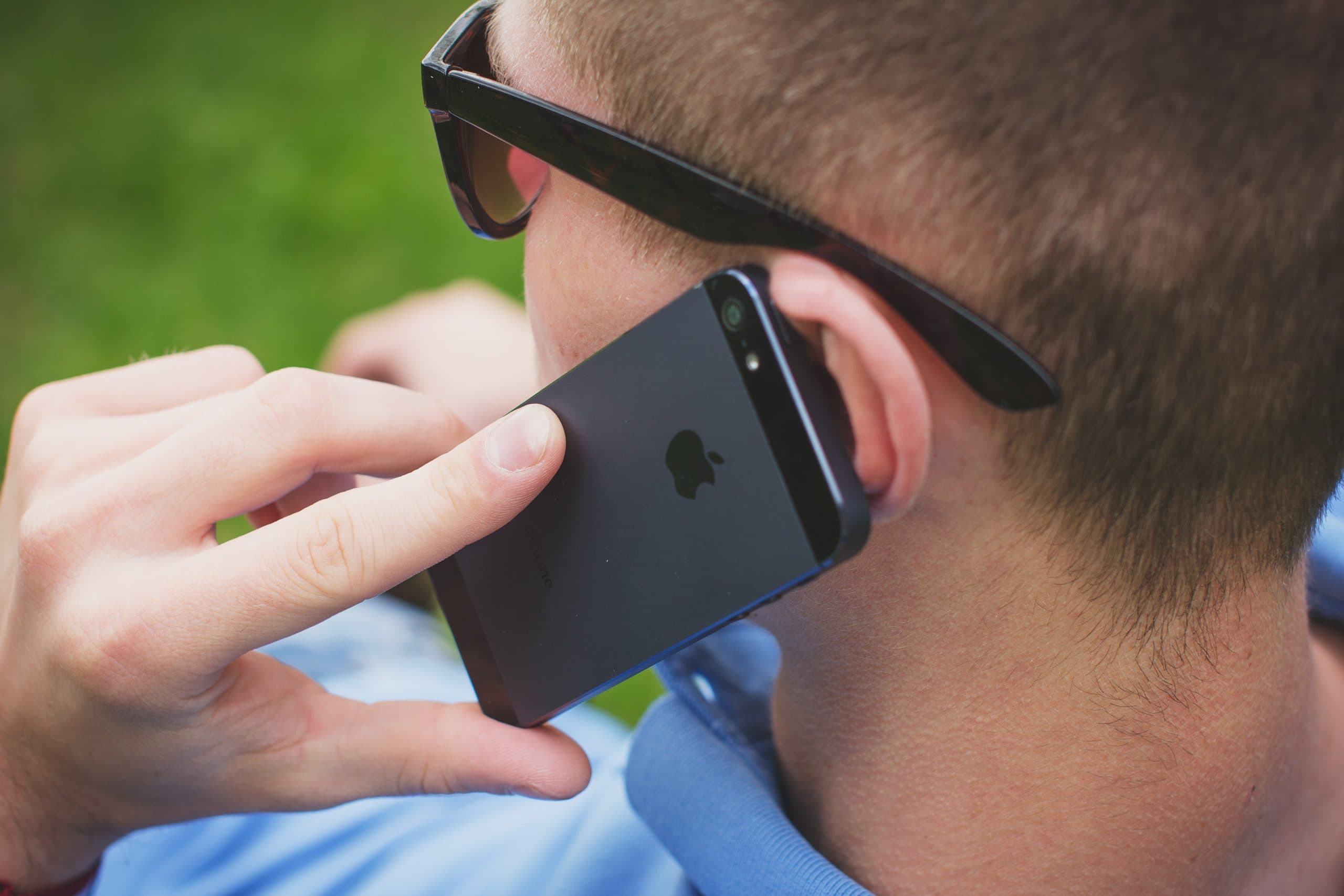A California federal court recently joined a North Carolina court in clarifying that the Telephone Consumer Protection Act (“TCPA”) contains a narrow definition of “autodialer.” Undermining a favorite argument used by TCPA plaintiffs, the Court in Hufnus v. DoNotPay, Inc. found that, to qualify as an autodialer, dialing equipment must use a random or sequential number generator to actually create the contact list used to place the subject calls or send the subject texts. Using a TCPA number generator merely to determine dialing order, the Court explained, does not qualify as using an autodialer.
How does the Hufnus decision clarify what constitutes a TCPA number generator?
Matthew Hufnus received unwanted text messages from DoNotPay, prompting him to sue the company for violating the TCPA’s autodialer provision. DoNotPay moved to dismiss, arguing that the equipment used to contact Hufnus did not employ a number generator to produce the contact list and, as such, was not an autodialer. The ultimate question before the Court was: Does using a number generator just to determine dialing order amount to using an autodialer within the meaning of the TCPA?
The Court found that DoNotPay’s dialing equipment sent text messages using a pre-selected list of phone numbers from the company’s customer database. Picking dialing order using a number generator does not turn the equipment into an autodialer, however. To constitute a TCPA autodialer, the equipment must use the number generator to produce the contact list itself, not dialing order alone. In issuing this ruling, the Court may have closed the door on the argument that footnote 7 from the Facebook decision offers meaningful support for autodialer claims akin to those presented by Hufnus.
Why does the Hufnus decision matter to your business?
Technology has advanced considerably since Congress passed the TCPA in 1991. Back then, Congress was concerned with dialing equipment that created contact lists and placed calls using random or sequential number generators. Now, telemarketers often rely on advanced analytics, algorithms, and other methods of precision to create a particular contact list for a particular campaign. How that technology fares in the face of the TCPA’s autodialer prohibition is why decisions like Hufnus are important to your business.
The Hufnus decision makes complete sense in light of Facebook. The Hufnus Court added its voice to a growing judicial chorus finding that Facebook protects calls placed and text messages sent using an intentionally cultivated list. Caution is warranted, of course, because these recent decisions are just a snapshot and do not, by themselves, create a national consensus. Still, the Hufnus decision is a welcome addition to the body of TCPA law.
Hire experienced TCPA attorneys.
Just in the last six weeks, several courts have addressed the meaning of the TCPA’s autodialer provision in the aftermath of Facebook. Each decision changes the TCPA landscape and requires telemarketers to adapt to a new circumstance. Keeping up with almost daily changes to how courts interpret the TCPA (on top of running your business) is extremely difficult, even in the best of times. Hiring experienced attorneys who focus on all things TCPA helps ensure that your business stays TCPA compliant.
If you need assistance updating your telemarketing policies and procedures or are defending a TCPA claim, please email us at info@kleinmoynihan.com or call us at (212) 246-0900.
The material contained herein is provided for informational purposes only and is not legal advice nor is it a substitute for seeking legal advice from an attorney. Each situation is unique, and you should not act or rely on any information contained herein without seeking the advice of an experienced attorney.
Attorney Advertising
Photo by freestocks on Unsplash
Related Blog Posts:
A Beginner’s Guide to TCPA Litigation Defense




